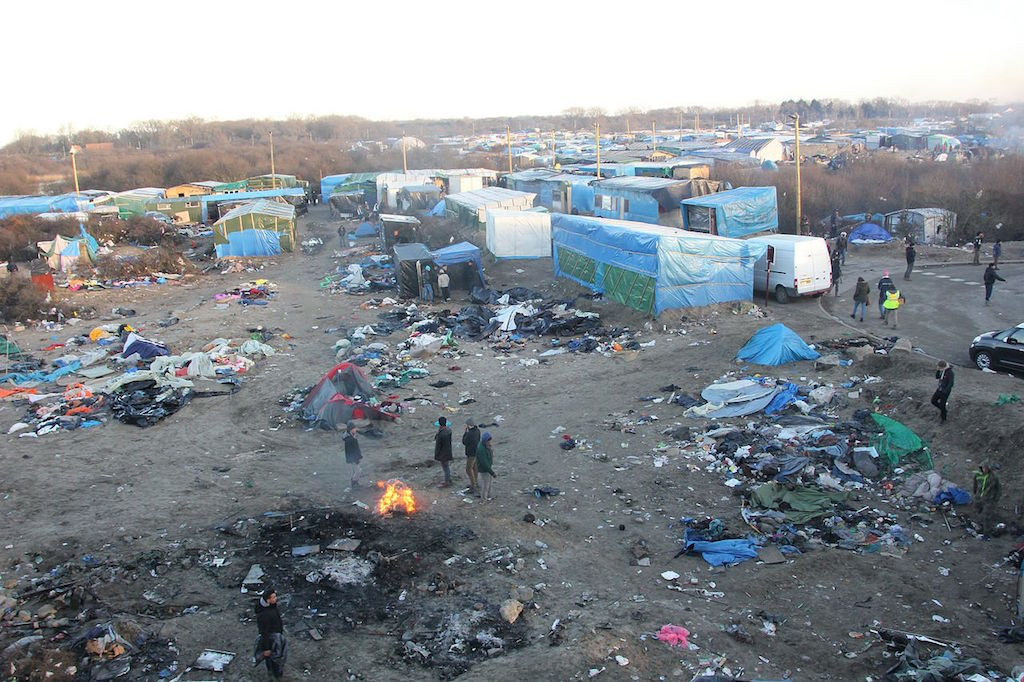The “criminalisation of compassion”, with countries introducing laws that restrict help to those in need, endangers lives and risks pushing humanitarian standards back by a century.
A report claims migrants around the world are facing a “new walled order” as barriers to aid and vital services are raised, with children and the elderly most likely to suffer the “dire consequences” as a result.
The International Federation of the Red Cross and Red Crescent Societies (IFRC) warns that when organisations are legally prevented from helping people in need, 100 years of progress could be undermined. The federation also criticises the “toxic narrative”, in which aid groups that rescue migrants have been accused of colluding with smugglers and thus endangering lives.
Support for vulnerable people has been challenged by national policies to control migration, as well as by increasing opposition to search and rescue operations , particularly in the Mediterranean, the federation said.
In its report, New Walled Order , the federation calls on governments to set up firewalls between public services and immigration enforcement, and to abolish policies requiring health services to disclose the immigration status of those they treat.
Francesco Rocca, president of the IFRC, said: “This criminalisation of compassion is extremely worrying. The idea that the prospect of basic assistance or search and rescue somehow acts as a pull factor for migration is simply not true. People decide to move for reasons that are much more profound than this.”
He hit out at the “toxic narrative” over NGO rescue ships in the Mediterranean that had been allowed to pollute the debate over migration.
“They are saving lives. They are nothing to do with the policing of irregular migration. The image of those who are saving lives should be protected.
“All people, regardless of immigration status, should have access to basic services and humanitarian assistance. There is no need to mistreat people to have proper border control. Preventing access to adequate food, basic healthcare and legal advice about their rights is completely unacceptable.”
One of the most significant factors preventing migrants accessing life-saving services is the “often well-founded fear” that to do so will lead to arrest, detention and deportation, the federation said, particularly where laws require public service providers to share information with immigration enforcement.
The research, published ahead of the first round of negotiations on the UN’s global compact on migration , cites examples of the “criminalisation” of individual and organisations delivering humanitarian assistance. Examples given include the mayor of Calais, who in 2017 banned “repeated prolonged” large gatherings on the site of the Calais refugee camp, effectively making food distribution illegal. The report also cited new Italian government rules for rescue operations in the Mediterranean, which limits aid organisations’ activities in Libyan waters.
In Britain, the government’s “hostile environment” policy, which requires migrants to prove their immigration status before accessing health and other services, was widely criticised following the Windrush scandal , in which people from the Caribbean who have lived in the UK legally for years were refused health treatment, or threatened with deportation.
By Karen McVeigh
